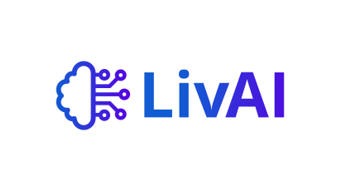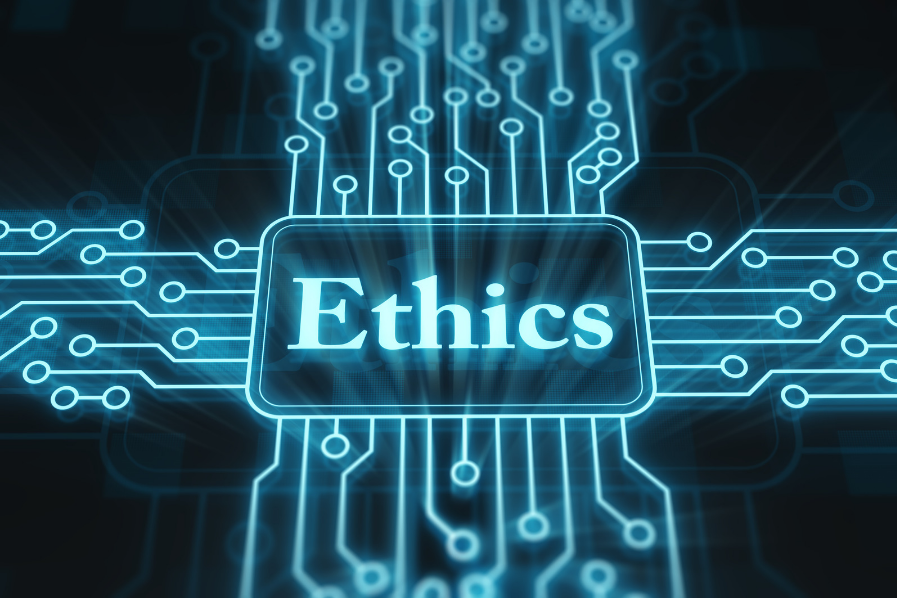- LivAI seeks to contribute to the ethical digital advancement of European communities through the creation of educational resources on artificial intelligence for adults
Artificial intelligence (AI) ethics refers to the set of principles and guidelines that seek to ensure that the development and use of AI is beneficial to society and respects human rights and values. These objectives are shared by the project Erasmus+ Making Adult Education lively through Artificial Intelligence (LivAI) which seeks to contribute to the ethical digital advancement of European communities through the creation of educational resources on artificial intelligence for adults.
Ethics in artificial intelligence (AI) is vitally important because of the profound and wide-ranging implications these technologies have on society. The following highlights some key reasons why ethics is critical in the development and use of AI:
- Transparency: AI systems must be understandable and transparent in their operation. This includes explaining how decisions are made and what data is used.
- Fairness and Equity: It is crucial that AI systems do not perpetuate or amplify existing inequalities. This implies avoiding biases in data and algorithms that may discriminate against individuals or groups.
- Accountability: Clear mechanisms must be put in place to determine accountability for actions and decisions taken by AI systems. This includes legal and ethical responsibilities for AI developers and users.
- Privacy: AI must respect the privacy of individuals, protecting personal data and ensuring that it is used ethically and with appropriate consent.
- Security: AI systems must be designed and operated securely to prevent harm to individuals and societies. This includes protection against cyber-attacks and misuse.
- Beneficence: AI should be developed and used for the common good, seeking to improve the quality of life and promote social welfare.
- Autonomy: It is important to respect the autonomy of individuals, ensuring that people have control over decisions that affect them and are not manipulated by AI systems.
- Sustainability: The development and use of AI should consider environmental impact and seek to be sustainable in the long term.
- Human-Machine Interaction: Clear guidelines should be established on how humans and machines interact, ensuring that AI complements and enhances human capabilities without inappropriately replacing them.
Ethics in artificial intelligence seeks to ensure that the development and use of these technologies are fair, transparent, responsible, safe and beneficial to society. Addressing these challenges requires a comprehensive and collaborative approach involving multiple stakeholders and disciplines. The development of regulatory frameworks and ethical codes is essential to ensure that AI is used in a way that benefits all of humanity, respecting fundamental rights and values. LivAI is aimed at providing knowledge and skills and to have a certification framework that will standardize the competencies obtained and will allow a small but significant step towards improving quality assurance in adult education. To this end, a digital platform will be created that will allow the monitoring and evaluation of the three main target groups: adult educators, adult education institutions and adult learners



